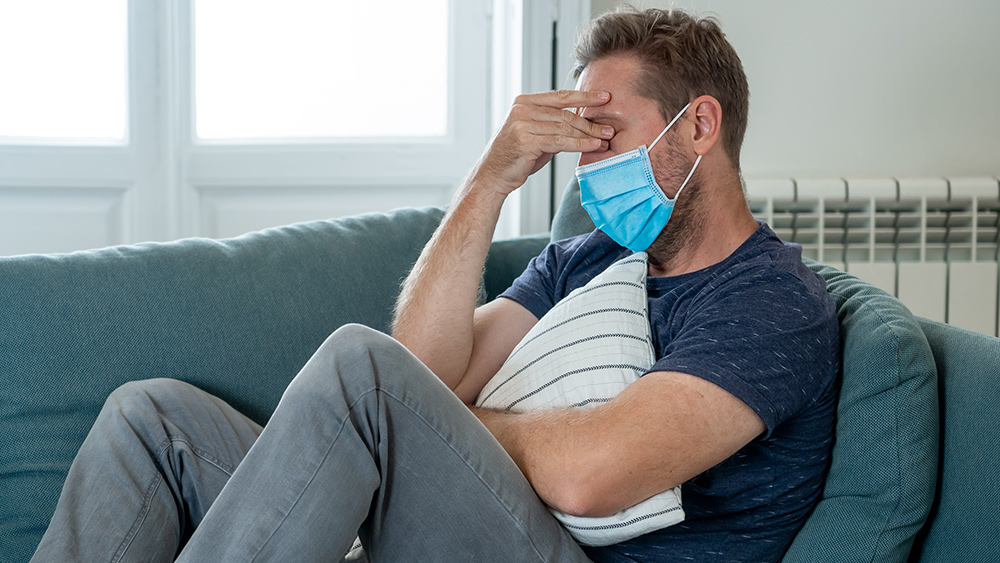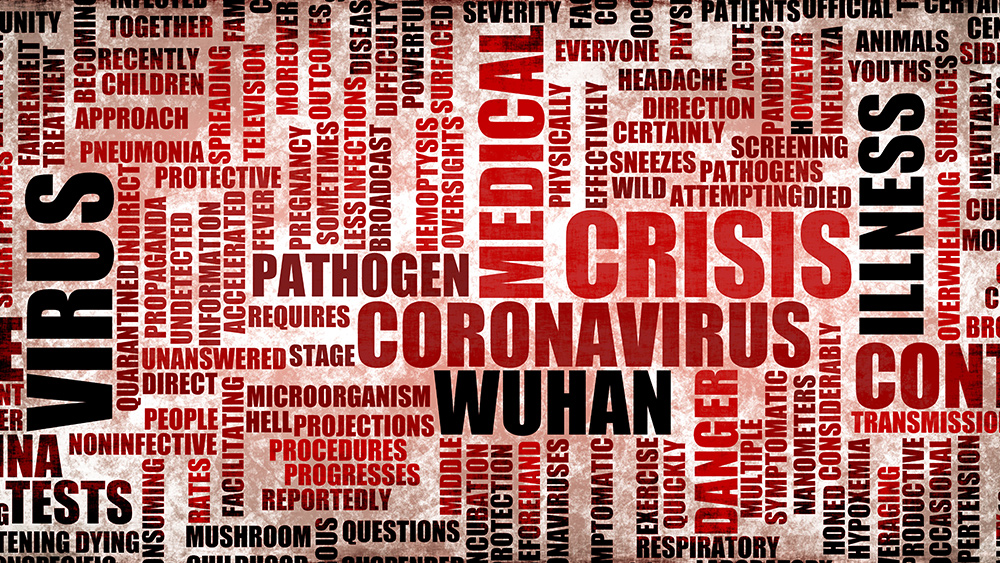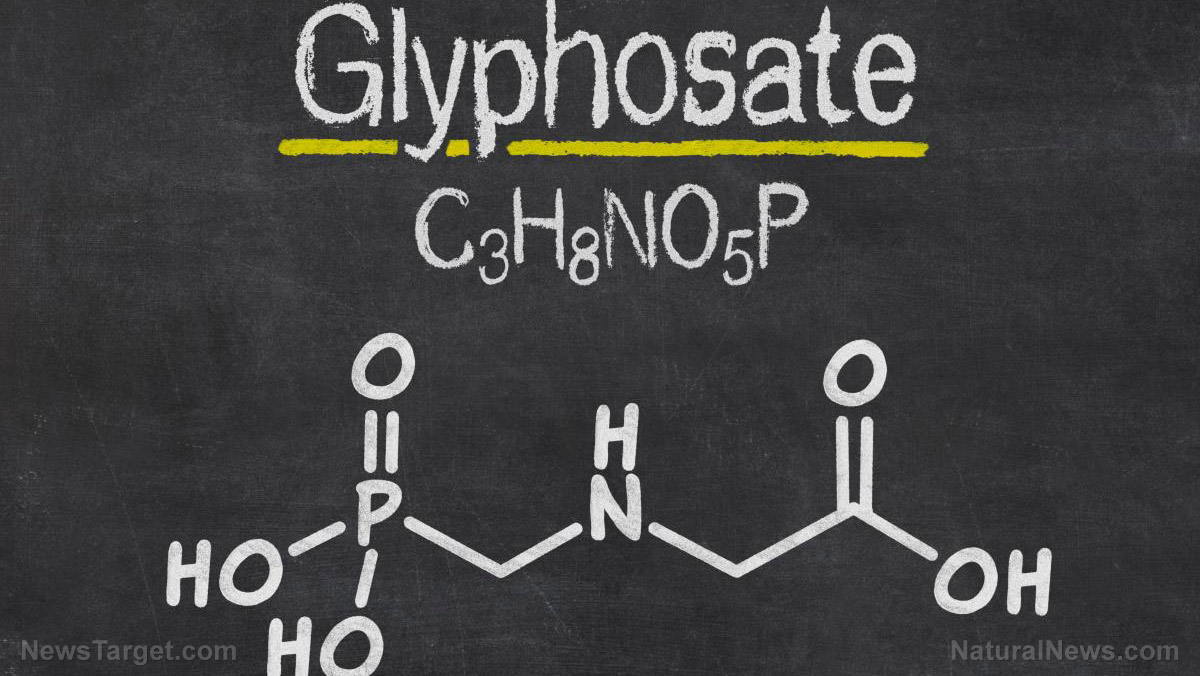Pennsylvania implements NEW coronavirus restrictions: Masks now required indoors
11/20/2020 / By Ramon Tomey

Pennsylvania officials implemented new public health restrictions following a spike in COVID-19 infections and hospitalizations. The new restrictions include an expanded mask-wearing mandate and more stringent requirements from travelers entering the state. Before these new rules, Pennsylvania already had different public health restrictions in place – such as a statewide mask mandate, limits on indoor and outdoor gatherings and occupancy restrictions at bars and restaurants.
The Pennsylvania Department of Health outlined two new rules on its Twitter account.
Visitors from other states and Pennsylvania residents coming from a different location are required to get tested for COVID-19 within 72 hours before entering the state. Those who cannot or will not get a test must quarantine themselves for 14 days upon entry. A later order by Pa. Health Secretary Dr. Rachel Levine added that the testing and isolation requirement does not apply to people commuting to or from another state to work or receive medical treatment.
The second rule bolstered an earlier mask mandate ordered by Levine: Masks are still required outdoors just the same. However, masks are also now mandatory indoors whenever people from different households are present – even if social distancing is maintained. The new rule also applies to all indoor facilities such as homes, and more so if there are people not part of the household also present.
The new rules came after a statewide increase of coronavirus infections in recent weeks. Pennsylvania reported more than 5,000 new daily infections, an increase of more than 115 percent in a two-week span.

Cities such as Philadelphia have also mandated new coronavirus rules in their jurisdictions
Aside from state governments, local governments have also implemented similar restrictions. The city of Philadelphia said Nov. 16 that it would ban indoor dining for restaurants and indoor gatherings for the rest of the year. Restaurants must revert back to offering takeaway, delivery and outdoor dining options under the new rules. Entertainment establishments such as casinos, bowling alleys, movie theaters and arcades will once again close down alongside museums and libraries.
Outdoor gatherings, meanwhile, will be limited to 10 people per 1,000 square feet. The largest outdoor gatherings must only have a maximum of 2,000 individuals, and serving food or beverages is prohibited to ensure attendees keep their masks on.
Philadelphia Health Commissioner Dr. Thomas Farley said about the new rules: “While we won’t prohibit people from leaving home and interacting, we want to strongly discourage that, because it’s increasingly unsafe to interact with anyone. We know that’s a very strong policy, but this gets at the most important sites of [COVID-19] spread.”
Farley previously told Fox 29 that the city was considering “a range of options on how to thwart the spread of the coronavirus” – including restrictions and lockdowns.
Previous public health orders mandated by Pennsylvania were slammed as “unconstitutional”
Similar measures previously implemented statewide by Levine and Gov. Tom Wolf two months ago had been deemed unconstitutional. On Sept. 14, district Judge William Stickman IV ruled that limits on mass gatherings violate the right of assembly guaranteed in the First Amendment, while stay-home orders and business shutdown mandates violated multiple clauses in the Fourteenth Amendment. (Related: Judge: “Cuomo, de Blasio mandate on religious gatherings violated First Amendment”.)
Stickman acknowledged that the actions by Wolf and Levine had “the good intention of addressing a public health emergency” but he reiterated that a government’s authority still has limits. He said that any solution to the current pandemic “can never be permitted to supersede the commitment to individual liberty that stands as the foundation of the American experiment.”
Stickman also added that the liberties protected by the Constitution “are not fair-weather freedoms in place when times are good, but able to be cast aside in times of trouble.” Any liberties relinquished during emergencies may be hard to regain, and that restrictions put in place may remain long after the emergency has passed. Thus, the Constitution “cannot accept the concept of a ‘new normal’” where “open-ended” measures take precedence over basic liberties.
Based on data from Johns Hopkins University, the U.S. currently has an 11.3 million COVID-19 caseload with 248,600 deaths and 4.2 million recoveries.
Stay updated with the latest on coronavirus-related public health orders at Pandemic.news.
Sources include:
Governor.PA.gov [PDF]
Submit a correction >>
Tagged Under:
coronavirus restrictions, covid-19 pandemic, COVID-19 quarantine, covid-19 testing, Dr. Rachel Levine, Dr. Thomas Farley, interstate travel, mask mandate, mask-wearing order, Medical Tyranny, outbreak, pandemic, Pennsylvania, Philadelphia, public health mandate, public health order, quarantine orders, Wuhan coronavirus
This article may contain statements that reflect the opinion of the author





















